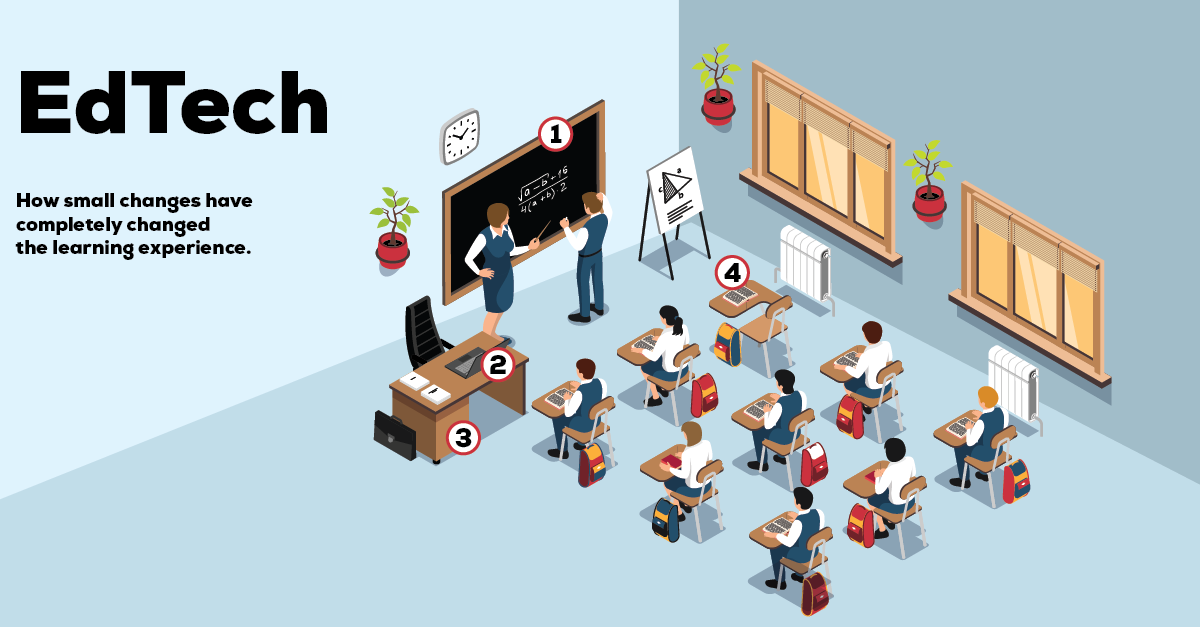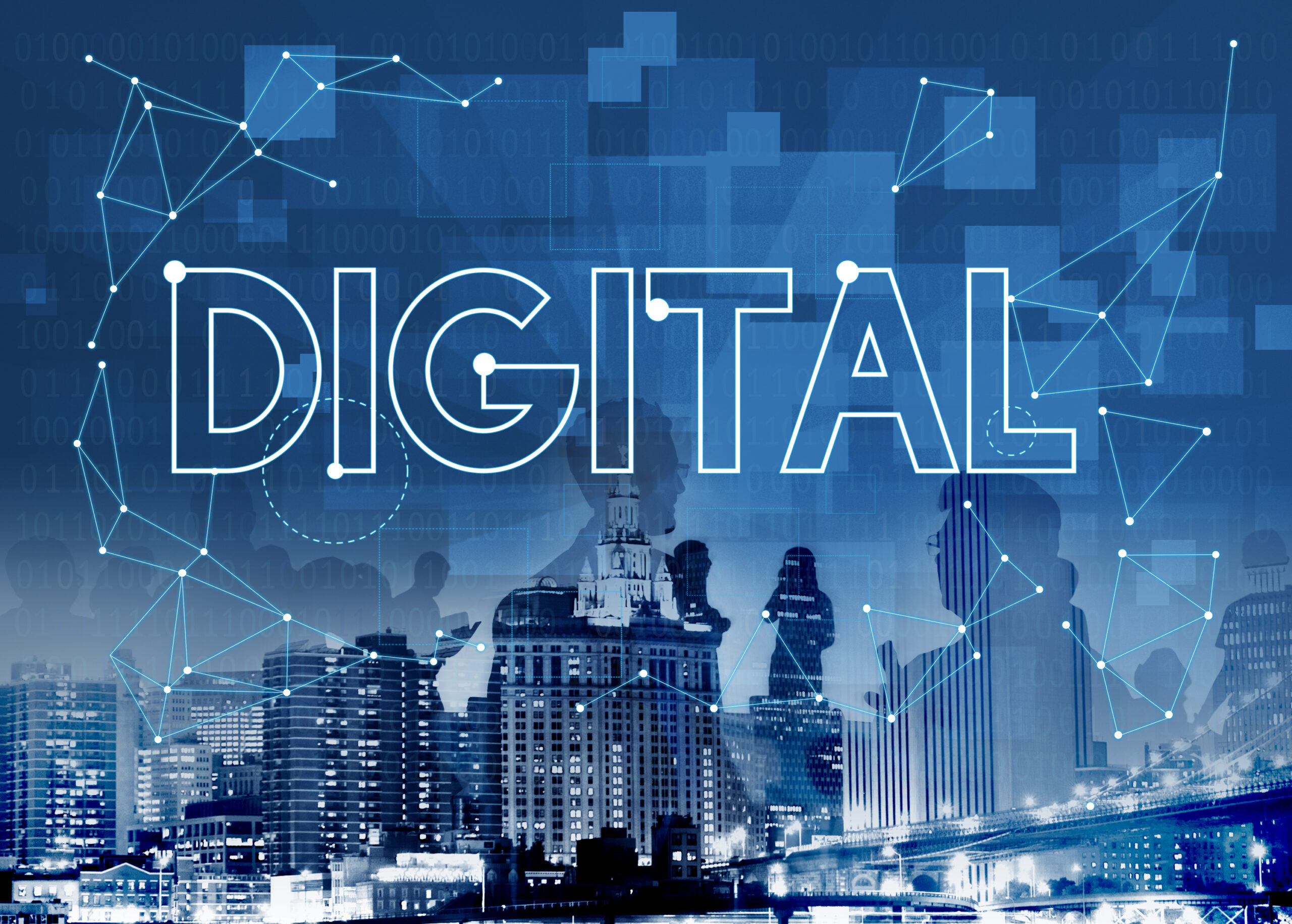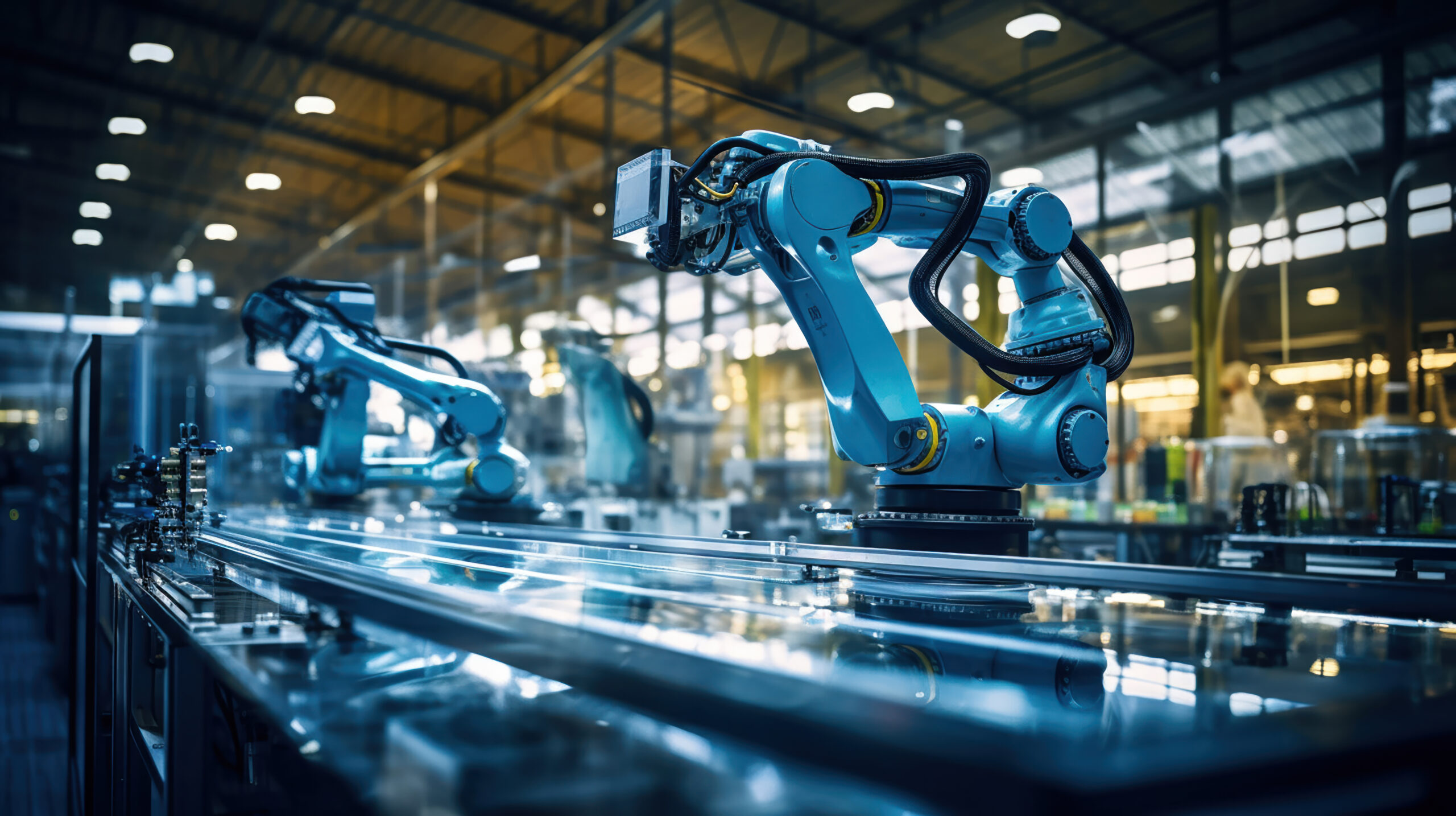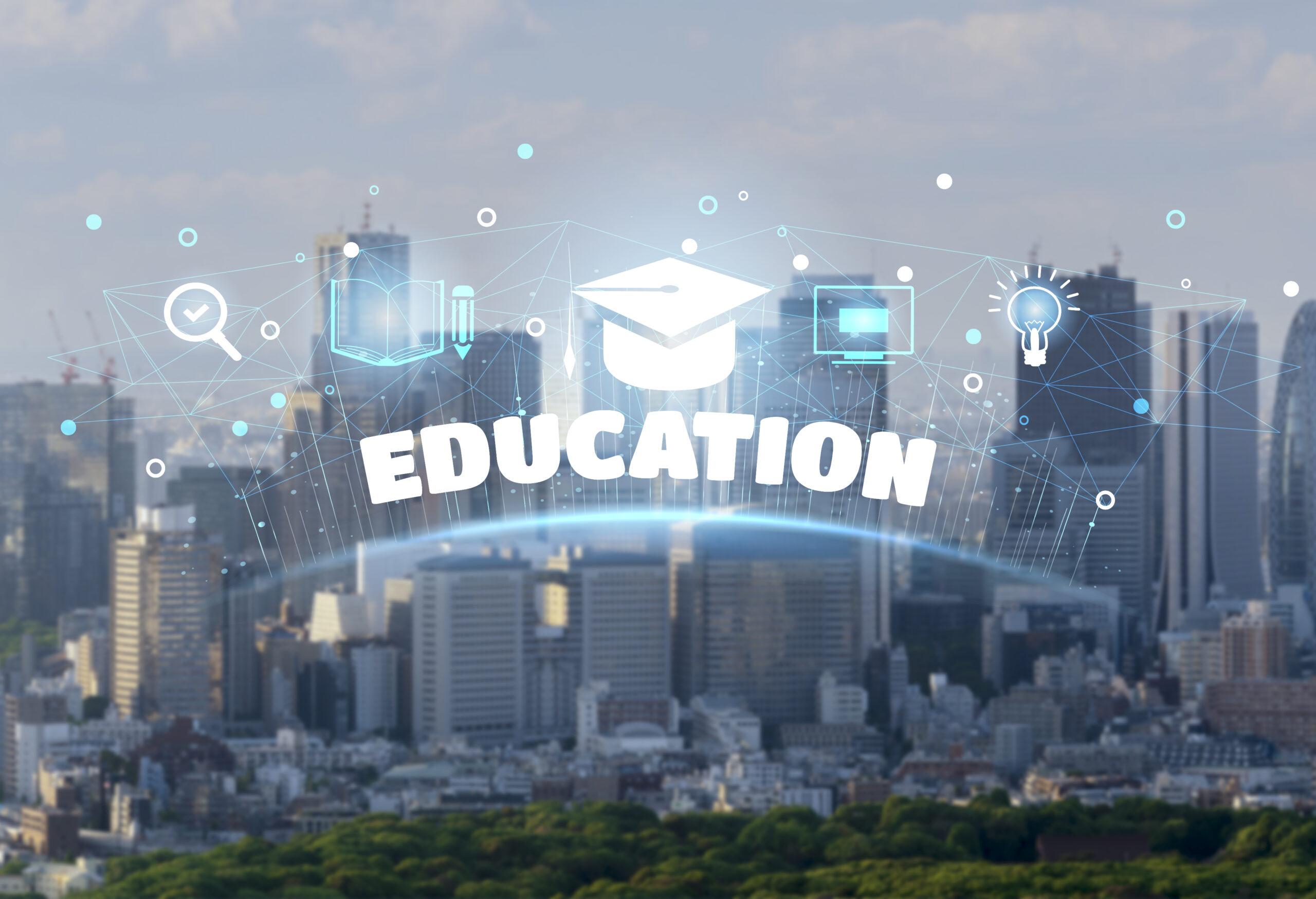In a world that is increasingly interconnected and digitalized, the realm of education can hardly afford to remain static. Educational Technology, commonly known as EdTech, is the catalytic force driving changes in how we perceive and engage with the educational process. The emergence of COVID-19 has only accelerated this trend, making digital learning not just an option but often a necessity. This blog explores the nuances of EdTech, its current impact, future prospects, and the challenges that lie ahead in this evolving domain.
Historical Context: From Chalkboards to Digital Boards
While EdTech seems like a product of modern times, its roots go deeper than you might think. Educational television, radio broadcasts, and computer labs in schools were the early forerunners that paved the way for today’s intricate, internet-based learning platforms. The transition from physical to digital is not merely a change of tools; it represents a fundamental shift in how education is delivered and consumed.
The Multi-faceted Components of Modern EdTech
Adaptive Learning Systems
While online learning platforms are at the core of EdTech, the inclusion of adaptive learning systems is revolutionary. These systems use machine learning algorithms to adapt content, assessments, and feedback in real-time, catering to each student’s individual needs.
Learning Analytics
Educational data analytics is another crucial area, offering actionable insights based on student performance metrics. This empowers both educators and learners to continually refine their strategies for optimal learning outcomes.
Learning Management Systems (LMS)
Schools, colleges, and various organizations use Learning Management Systems to plan, execute, and assess the learning process. Platforms like Moodle and Blackboard have become integral in hybrid and fully online educational models.
MOOCs and SPOCs
Massive Open Online Courses (MOOCs) and Small Private Online Courses (SPOCs) have broadened the horizons of what is teachable and learnable on the internet. They’ve democratized higher education by offering courses from esteemed institutions to global audiences.
Social and Economic Impacts
Increased Access and Equity
EdTech helps level the playing field, breaking down barriers related to geography, socio-economic status, and physical disability. This expanded access is a significant step toward educational equity.
Job Creation and Career Enhancement
EdTech isn’t just transforming student education; it’s also affecting the job market. From EdTech startups requiring tech-savvy staff to adult learners utilizing online courses for career advancement, the economic implications are vast.
The Darker Sides: Challenges and Criticisms
Screen Time and Mental Health
Excessive screen time and its potential detrimental effects on mental and physical health are growing concerns, particularly for younger learners.
Educational Inequity
While EdTech has the potential to bridge educational gaps, it can also exacerbate them if not implemented thoughtfully. Rural areas and economically disadvantaged communities often lack the technological infrastructure to benefit from EdTech.
Content Moderation and Misinformation
The open-access nature of many online platforms poses a challenge in ensuring the credibility and reliability of educational materials.
Forecast: What Lies Beyond the Horizon?
Ubiquitous Learning Environments
As EdTech evolves, we can expect the line between ‘learning’ and ‘life’ to blur, with educational experiences becoming seamlessly integrated into our daily activities.
Enhanced Reality Education
The next frontier in immersive learning could be a blend of AR, VR, and Mixed Reality (MR), offering multisensory educational experiences that are more engaging and effective.
Blockchain and Smart Contracts
Blockchain could offer a secure and transparent way to certify educational achievements, simplifying the credential verification process in academic and professional settings.
Neurotechnology and Education
Understanding the neural mechanisms of learning could pave the way for neurotechnology-based personalized educational strategies, although this comes with ethical considerations around privacy and data security.
Conclusion
As we tread further into the 21st century, EdTech seems poised to continue its trajectory of rapid innovation and adoption. While challenges remain, such as ensuring equitable access and maintaining educational quality, the opportunities are boundless. We stand at the cusp of an educational renaissance, driven by technology but guided by the perennial human quest for knowledge and growth. With EdTech as a robust facilitator, the future of education appears not just promising but transformative.





